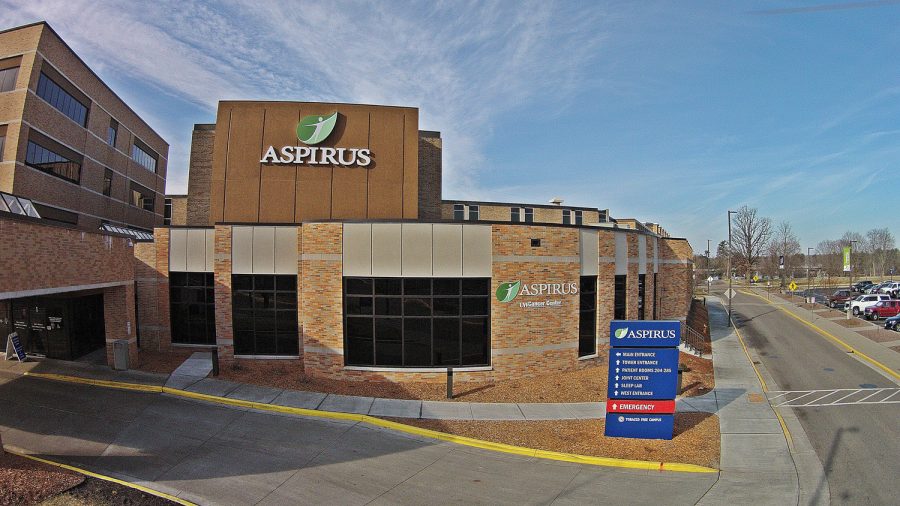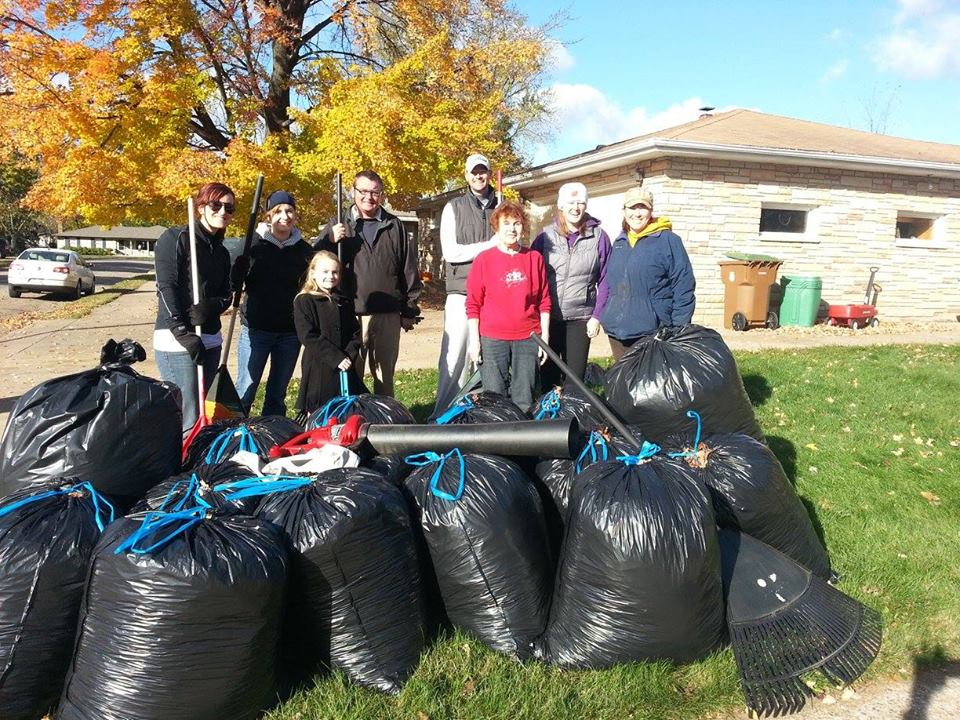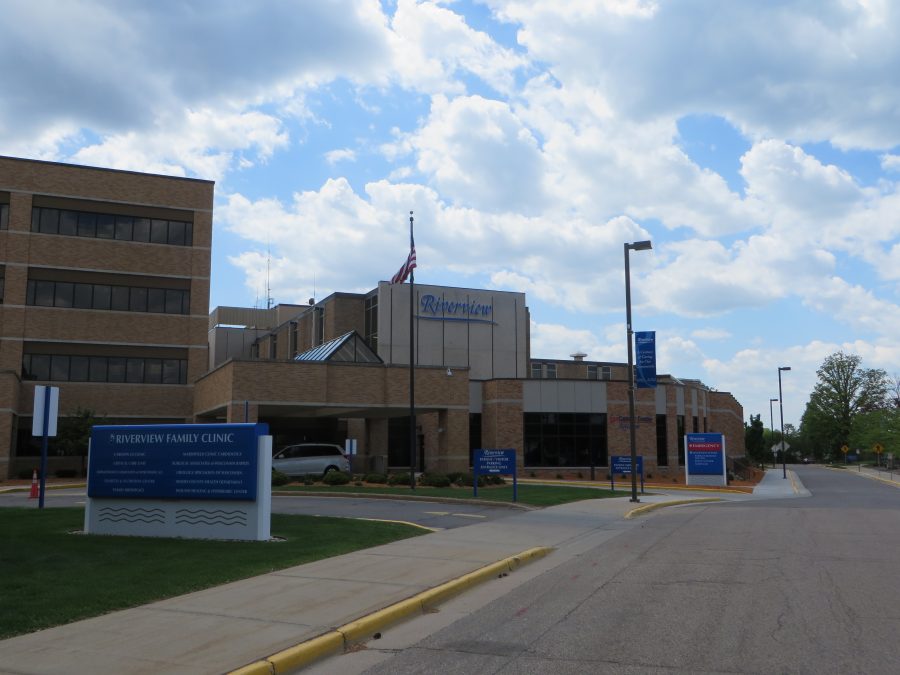Aspirus: Occupational Therapy Helps Stroke Survivors

By Amanda Whipple, M.S., OTR/L
It happens within seconds. Without warning, your face suddenly goes numb. You can’t move your arm. Your legs don’t seem to want to work. You know you need to call for help, but the numbers on the phone don’t make sense, and you can’t quite get your voice to work the way it should.
May is National Stroke Awareness Month. According to the National Institute of Neurological Disorders and Stroke, 795,000 people in the U.S. suffer a stroke every single year, and stroke is the leading cause of long-term disability in the United States. It can leave a person with impairments in their strength, mobility, balance, coordination, vision, and/or their cognition. Recovery and rehabilitation after a stroke does not reverse the damage that has occurred in the brain; but due to neuroplasticity, the brain can learn new ways of doing things.
Occupational therapists play an important role in stroke recovery by helping the brain learn new ways of completing activities in order for people to return to doing the things they love. The main goal in Occupational therapy following a stroke is to help the patient and his or her family to identify important daily life activities and work to achieve the highest level of performance. Some of these daily activities may include showering, brushing teeth, getting dressed, toileting oneself, preparing meals, balancing a checkbook, shopping, caring for a child, performing work duties, or participating in leisure activities. Through special attention paid to the person’s physical, mental, and emotional health following a stroke, occupational therapy plays an essential role in helping to achieve a fulfilling life after experiencing a stroke.
April is National Occupational Therapy Month, when we celebrate the critical role occupational therapists play in our community. Whether you have suffered an injury to your arm, have experienced a stroke, brain injury, or Parkinson’s disease, are dealing with the effects of cancer, are experiencing difficulties with low vision despite corrective lenses, have a child who has difficulty holding a pencil or sitting still in class, or have had recent surgery to your upper extremity, occupational therapists are there to help you return to living life to the fullest.
For more information about the benefits of occupational therapy, please visit www.aota.org or contact Aspirus Riverview Therapies at (715) 424-8500.
Amanda is an Occupational Therapist at Aspirus Riverview Therapies in Wisconsin Rapids. She specializes in neurological rehabilitation, low vision rehabilitation, and orthopedic upper extremity rehabilitation.






